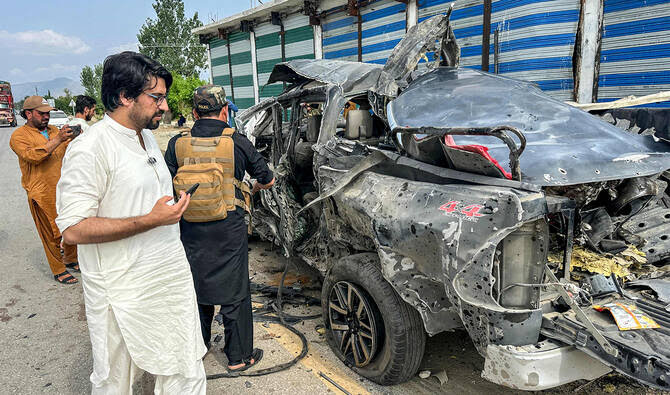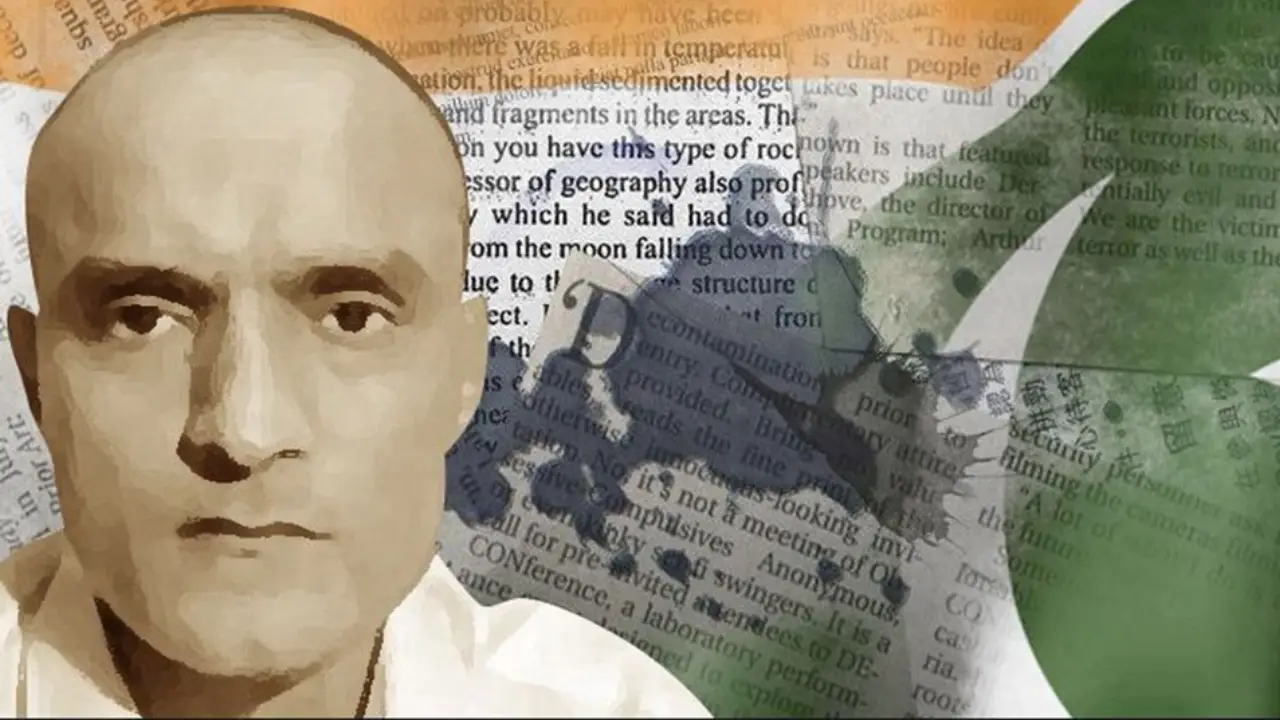India is undertaking a new approach to tighten its grip on Occupied Jammu and Kashmir to outmanoeuvre political actors and organisations advocating for self-determination in the Muslim-majority region. India’s coercive measures are particularly targeted at the ‘pro-freedom’ camp, which has been working to achieve complete independence from Indian control and complete control of Kashmiri affairs by Kashmiri people. Indian Home Minister Amit Shah has touted this approach as a key component of India’s unity as minority grievances explode on to the surface across the country.
India is pursuing a ‘Hurriyat-free’ political system in IIOJK; through a two-pronged strategy of dismantling Hurriyat and replacing it with either Muslim parties from IIOJK or forming a new forward bloc from within Hurriyat.
So far, three Hurriyat organizations have announced their severance from the pro-freedom camp. They include J&K People’s Movement (JKPM), J&K Democratic Political Movement (JKDPM), and the Jammu-based J&K Freedom Movement.
For the past many months, an Indian Home Ministry team, led by the Intelligence Bureau (IB), has been working to weaken and dismantle the Hurriyat camp and crush pro-Pakistan sentiments in IIOJK.
This team also met with several jailed Hurriyat leaders, including Shabir Shah, Yasin Malik, Asiya Andrabi, Masarrat Alam Butt and Mushtaqul Islam, in New Delhi’s Tihar Jail and Kothbalwal Jail in Jammu. They urged these leaders to abandon the demand for independence and dissociate from Pakistan, but the leaders have categorically refused.
Later, this month, the team met separately with heads of almost all Hurriyat parties that are not in custody, urging them to join mainstream (pro-India politics). They were asked to publicly announce their disassociation from the Hurriyat, with the warning of arrest if they do not comply.
Meanwhile, the Indian arrest-and-coerce strategy is also continuing along with political pressures.
Since the beginning of the year, Indian authorities have raided the residence of 36 Hurriyat leaders and have coerced declarations of dissociation out of six of them.
On January 25, Police searched residence of Syed Ali Gilani and seized one portion. One month later on February 25, Police raided book shops and cautioned them against keeping and selling literature of banned organisations.
In March a new wave of raids and arrests began against Hurriyat leaders, with party heads being asked for declarations of dissociation from Hurriyat. A ban was also imposed on Mirwaiz Umar Farooq’s Awami Action Committee and J&K Ittihadul Muslimeen. They were charged with support for separatist ideology.
The apparatus of coercion used by India also includes confiscation of property, closing of businesses and dismissals from jobs, threats to children and sexual harassment of female relatives against Hurriyat leaders and associates for disassociation from the Hurriyat movement.
In March 2025, the Indian government granted state governments the authority to invoke powers under the Unlawful Activities (Prevention) Act (UAPA) against the Awami Action Committee (AAC), which has been declared an unlawful organization. This move empowers states to utilize Sections 7 and 8 of the UAPA, enabling the confiscation of properties linked to banned groups and placing restrictions on their activities
India is able to exert this pressure due to the silence of Hurriyat and armed resistance groups regarding the current situation, as well as their disconnection from the common people. The Indian policy is informed by input from Dogras and Pandits in the region, but not the Muslim majority population. Despite the Bharatiya Janata Party government’s tactics, the resolve of the ordinary Kashmiri people to defeat the Indian occupation remains strong.









